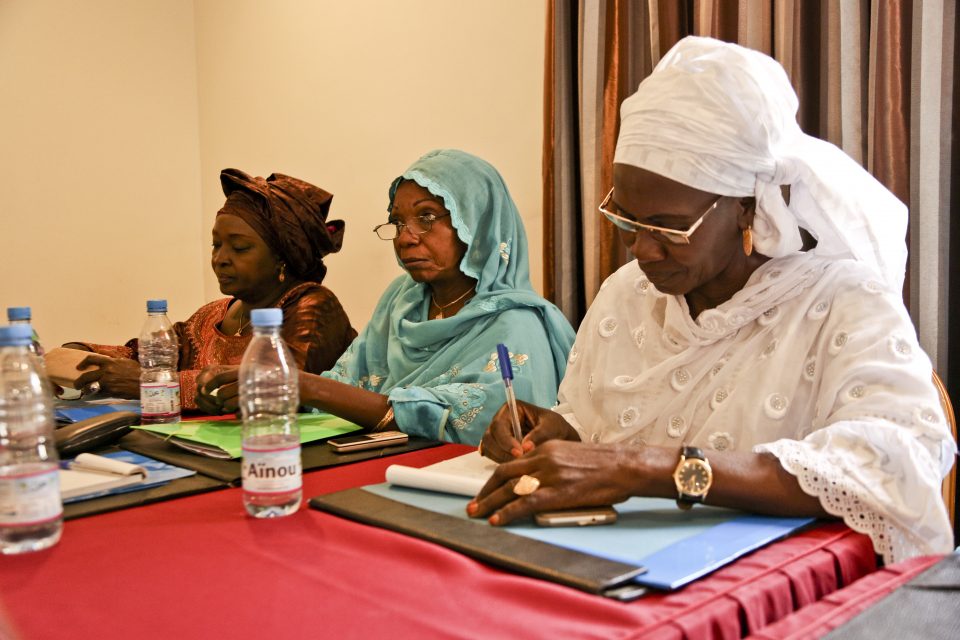CIPE Objective
To create transparent, accountable, and market-based conditions to attract Constructive Capital into a recipient economy. CIPE and its partners work to unite a strong business community committed to clear and transparent market rules to create a level playing field.
Brief History
Launching in 2018 with connection to CIPE’s groundbreaking work on Corrosive Captial, CIPE partners and staff began to discuss a vision for what characterized “good” investment. CIPE and its partners posed that if some investments are harmful to democratic and market institutions, then inverse investments must exist. In coining the Constructive Capital phrase, CIPE has established a framework to frame investment when looking through a market and democracy lens. CIPE works with the private sector to organize around collective action initiatives, provide constructive feedback on labor and environmental regulations and their enforcement, and create a business community and culture conducive to more investment that creates positive externalities to support and strengthen market and democratic institutions.
Indicators
- Transparent, documented terms
- Accountable to stakeholders
- Investments are justified by market principles
- Conformation to international norms
- Support of ethics and integrity in business environments
Constructive Capital Highlights
Global
CIPE’s Global team regularly engages with the Organization for Economic Cooperation and Development (OECD) on issues pertaining to Constructive Capital. The OECD’s Trust in Business Initiative provides a global platform for business, civil society, and government leaders to develop policies for responsible business conduct, better corporate governance, and anti-corruption. CIPE shares its expertise in building business environments and institutions that will strengthen trust and foster Constructive Capital flows, especially in emerging and frontier economies. CIPE is also involved in the work of the OECD’s FDI Qualities Policy Network, an initiative to help advance policies that improve the sustainable development impact of investments, from carbon emissions to gender equality.
CIPE’s Global team continues to institutionalize the commitment to anti-corruption and business conduct with integrity through active involvement in the Group of Twenty (G20) consultative processes. During the Saudi Arabian presidency in 2020, CIPE helped shape the final recommendations of the Business 20 (B20) Integrity & Compliance Task Force. In response to CIPE’s intervention, the Task Force emphasized the need for good governance and accountability in state-owned enterprises in the policy paper that fed into the G20 Summit in November 2020. That emphasis was lacking in the B20’s statement of recommendations and policy actions in 2019, prompting CIPE’s more direct involvement with the Task Force. CIPE also provides recommendations through several workstreams in the Think Tank 20 (T20), Women 20 (W20), and Civil Society 20 (C20) related to building participatory economies with an emphasis on economic resiliency in the wake of COVID-19. CIPE and its partners are again participating in all of the aforementioned G20 consultative processes during the Italian presidency in 2021 to help shape global business norms that affect local business environments and encourage Constructive Capital investments.
Middle East and North Africa
Egypt | CIPE and its partner, the Federation of Egyptian Industries (FEI), recently launched the Smart National Business Agenda (SNBA), a fully online and interactive National Business Agenda platform. Available in both English and Arabic, the website offers the business community and other relevant stakeholders real-time information on 19 cross-cutting policy issues facing Egypt’s business environment across 17 industrial sectors. Users can filter by issue, sector, and/or responsible governmental authority, review progress towards reform, and measure government responsiveness and accountability. The SNBA is a groundbreaking advocacy tool that can be readily replicated and adapted to suit other languages and locales.
Bahrain | In Bahrain, CIPE has worked with a volunteer committee of SME business leaders on policy prescriptions for business priorities. Over two years of work, the plan eventually gained the support of the Speaker of the Parliament and the Shura Council members. Although the work in Bahrain generated impressive policy outcomes, the more important and sustainable leave-behind was increased trust among the business community and a transparent process for developing a consensus around key policy ideas and presenting those ideas proactively and constructively to the government.
Asia Pacific
Thailand | CIPE supported the Thai Institute of Directors and the organization’s early member associations, such as the Thai Chamber of Commerce and the Joint Foreign Chambers of Commerce, to fundamentally shift the narrative on corruption in Thailand. In a context where corruption was accepted by many in the private sector as a cost of doing business in the country, the collective action and leadership of many listed firms, under the umbrella of the Institute of Directors, allowed the private sector to gain a seat at the table in the country’s ongoing fight against corruption. These firms took the initiative to say “no” to corruption and business as usual, risking their enterprises and livelihoods to make Thailand a better place to do business and attract additional Constructive Capital. Sometimes change takes the form of a champion, and the Thai Institute of Directors is leading the dialogue about corruption in the country to spotlight the changing culture of the business community in Thailand related to corruption.
Europe & Eurasia
Hungary | CIPE partnered with Bridge Budapest to develop its Aware Entrepreneurs Program, which consists of more than 1,000 members of the local business community who are working to improve the way they do business, the country’s business environment, and their communities in Hungary. Bridge Budapest started the Aware Entrepreneurs Program with a community of around 650 members. After CIPE’s support, the initiative has a new certification system, 16 Ambassadors, 18 Certified Conscious Business Players, and more than 1,040 Conscious Business Players in its community. The Aware Entrepreneurs Program is the leading business ethics initiative in the Hungarian business community. In February 2020, Forbes Hungary dedicated an article to cover the program’s success.
Ukraine | In the wake of pending legislation requiring independent directors on the boards and key committees of state-owned enterprises, the Corporate Governance Professional Association (CGPA) and CIPE built the country’s first Registry of Independent Directors. The Registry is supported by a special committee created by the CGPA Management Board and includes at least five members. Current committee members include senior management at the International Finance Corporation, directors at major banks, and investment advisors with decades of experience. The Registry lists over 20 qualified independent directors as approved by the CGPA committee. Both state-owned enterprises and private companies actively recruit these directors as independent members of supervisory boards.
Latin America and Caribbean
Brazil | Working with The Brazilian Institute of Corporate Governance, CIPE has promoted good corporate governance in Brazil and Latin America. With more than 1,000 members and thousands of directors and executives attending its programming annually, the Brazilian Institute of Corporate Governance has promoted good governance in the private sector. It is influential in a new focus on state-owned enterprises. In addition to the focus on governance, the organization developed a new IPO market for small companies as a subsidiary to the main exchange in Sao Paulo, allowing more well-governed companies access to equity markets and expanding the number of participants in the creation of wealth in the Brazilian economy.
Argentina | CIPE and the Centro de Implementacion de Politicas Publicas para la Equidad y el Crecimiento (CIPPEC) have collaborated to promote good governance and anti-corruption reforms in state-owned enterprises (SOEs) in the region and business globally as part of the Think Tank (T20) process of the Group of 20. In 2018, CIPPEC contributed directly to the development of recommendations for the G20 Anti-Corruption Working Group on “Promoting Transparency and Anti-corruption in State-Owned Enterprises,” which led the G20 countries to recognize the importance of addressing integrity in SOEs.
Africa
Ethics 1st | Over the past several years, CIPE has worked with partners in 14 sub-Saharan African nations to build the Africa Anti-Corruption Compliance Network under an initiative called Ethics 1st. Through the initiative and local partners in the 14 nations, CIPE is working with SMEs to develop their capacity to integrate into global supply chains and deliver the benefits of a robust compliance program to local firms. By building the capacity of local institutions and, via their training programs, SMEs, CIPE helps open the flow of Constructive Capital to Africa through a culture of compliance and ethics.


